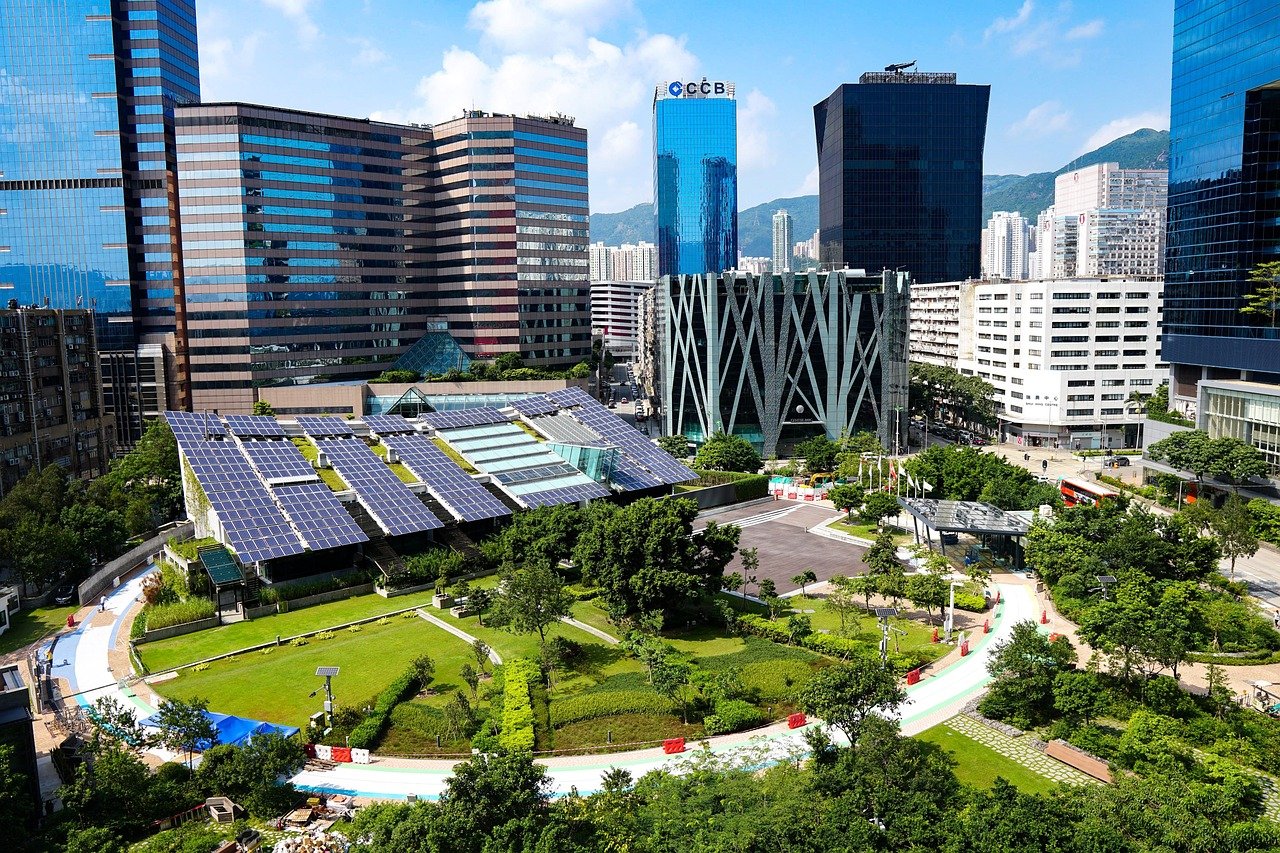Physical Address
304 North Cardinal St.
Dorchester Center, MA 02124
Physical Address
304 North Cardinal St.
Dorchester Center, MA 02124


Sustainability is no longer just a buzzword—it’s a necessity. With climate change, pollution, and resource depletion on the rise, adopting a more sustainable lifestyle is crucial for the well-being of our planet. But where do we start? Many people assume that living sustainably requires drastic changes, but even small adjustments can make a significant impact. In this guide, we’ll explore practical ways to integrate eco-friendly habits into our daily lives, making it easier to reduce our environmental footprint without compromising comfort or convenience.
Sustainability is about meeting our current needs without compromising the ability of future generations to meet theirs. It encompasses environmental responsibility, social equity, and economic viability. In simpler terms, it means using resources wisely, minimizing waste, and making choices that contribute to a healthier planet. The good news? Living sustainably is easier than you might think.
One of the easiest ways to live more sustainably is by reducing waste. Here’s how:
Did you know? The average American produces over 4.9 pounds of waste per day. Cutting back on unnecessary waste can significantly reduce landfill overflow and environmental pollution.

Households account for a significant portion of global energy consumption. Here are some simple ways to reduce energy use:
Our diet plays a major role in sustainability. Here’s how to make more eco-conscious food choices:
| Sustainable Choice | Why It Matters |
|---|---|
| Eat more plant-based foods | Plant-based diets have a lower carbon footprint than meat-heavy diets. |
| Support local farmers | Reduces transportation emissions and supports local economies. |
| Reduce food waste | Nearly 40% of food in the U.S. is wasted—planning meals can help reduce this. |
| Choose organic and seasonal produce | Fewer chemicals and less energy-intensive farming methods benefit the environment. |
Read more about plant based food on Harvard.
Transportation is a major contributor to greenhouse gas emissions. Consider these alternatives:
The products we buy have a profound impact on the environment. Here’s how to be a more mindful consumer:

Sustainability isn’t just about individual choices—it’s also about fostering eco-friendly communities. Here’s how you can contribute:
Living sustainably doesn’t mean sacrificing modern comforts. By making mindful choices—whether it’s reducing waste, conserving energy, adopting sustainable eating habits, or supporting ethical brands—we can collectively make a big difference. The key is to start small and build habits over time. Every eco-friendly action contributes to a healthier planet for future generations.
By embracing sustainability, we not only protect the environment but also enhance our quality of life. Are you ready to make the shift? Start today, and remember: every little step counts.